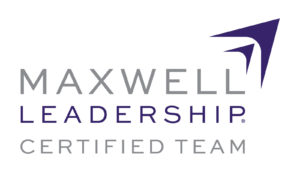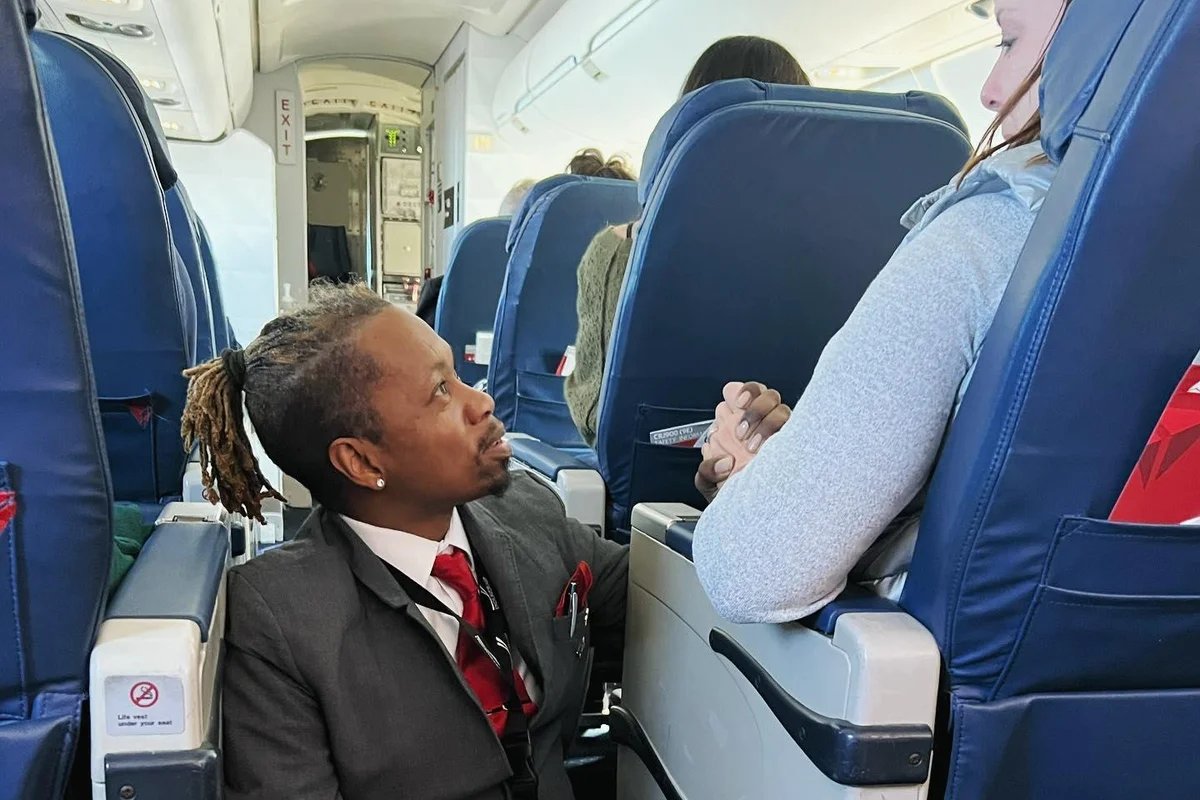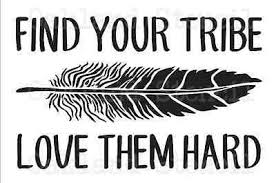
Practice isn’t the thing you do once you’re good. It’s the thing you do that makes you good. – Malcolm Gladwell, Outliers
Like most young kids growing up, I played my fair share of sports. Be it on the dusty baseball fields channeling our inner Hank Aaron or playing football all the while believing that we would be the next Roger Staubach.
In football practice, our coach would say to us, “Boys, if you’re gonna do it wrong, do it wrong the best you can!”. His statement puzzled me. We would go through our drills in practice and I was under the impression that he wanted it done right the first time.
But for whatever reason, there were always a few of us who just didn’t execute the drill properly. And while the coach could have chosen to be harsher in his disapproval, he opted for a more sympathetic approach for us boys just learning to play. Over time, the drills became more and more routine and our proficiency increased. That season our fierce little team went undefeated. Roger Staubach would have been proud.
I’ve heard it said in more recent years that you play as you practice. In terms of leadership, that can either be good or problematic. How you conduct yourself as a leader is important and the stakes are higher than the outcome of a rec league football game.
So when it comes to the practice of leadership, what should be your focus? What are the disciplines to pay attention to? Here are a few (in no particular order) worth your consideration.
Practice the discipline of humility
Rick Warren describes it this way, “Humility is not thinking less of yourself; it is thinking of yourself less.” Humility in leadership empowers you to be authentic before others and it demonstrates that you are willing to set aside your ego for the sake of growth.
Practice the discipline of reading
It’s been said that leaders are readers. I agree. For leaders, the learning never ends. When you practice the discipline of reading you demonstrate that you are committed to your personal growth and development.
Practice the discipline of serving
The capacity of your leadership will always be tied to your willingness to serve. It’s when you place others first, and look out for the needs of others, that you will rise as a leader. If serving is beneath you then leading is beyond you. Click To Tweet
Practice the discipline of reflection
Your effectiveness as a leader will be gauged by your ability to think long. Reflection gives you the ability to put your present into focus and align your future with your values. Reflection keeps you grounded with purpose and clarity. This can be achieved through prayer or meditation.
Practice the discipline of generosity
Generous leaders are contagious leaders. Generous leaders practice an awareness that’s uncommon in most. They are observant of the needs of others and are always willing to give up their time and resources. In a self-absorbed culture, we need generous leaders now more than ever.
Practice the discipline of forgiveness
Leadership can be hard. So can life. And everyone is fighting a battle we know nothing about. The discipline of forgiveness can go a long way in establishing your leadership for the long haul. But know this, life is just too short to walk through it holding a grudge.
©2023 Doug Dickerson









